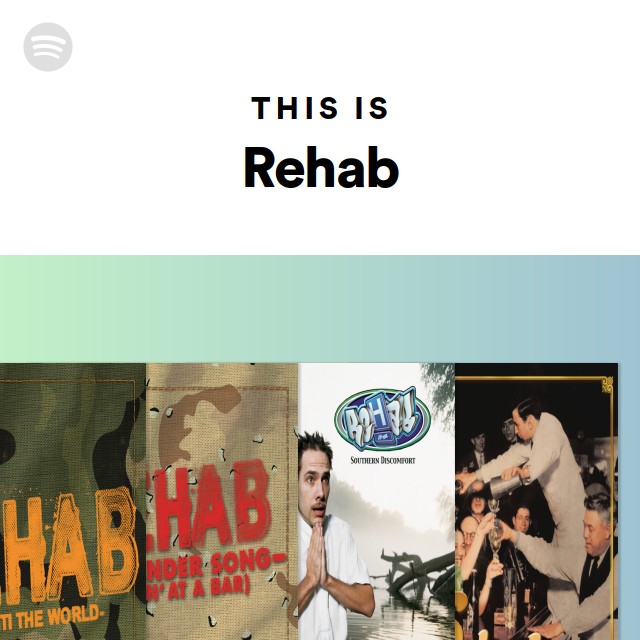
In music, a bar is a unit of measurement for time, and in rap music, a bar represents a verse of the song inside a 1, 2, 3, 4 beat count.

While not required, some states do need alcohol awareness training (which is distinct from obtaining a bartender license), which is something you may complete after you begin working. When it comes to bartending in the United States, several states have their own age requirements, although the general range is between 18 and 21 years old. Taking orders and ensuring that visitors are well taken care of while they are at the restaurant or event is essential. Providing assistance to visitors in selecting menu items or directing them through the many beverage selections. The following are the tasks of a bartender: mixing, garnishing, and serving alcoholic and non-alcoholic beverages in accordance with business guidelines. Hank Williams and his daughter Holly Williams also appear in the music video for that version.

Hank Williams and his daughter Holly Williams also appear in the music video for that version, with Holly portraying the character of the bartender. The events of the song are shown in the music video, which takes place mostly in a pub setting. Stephen Cummings’s new album 100 Years from Now is out on 5 May.The song reached the top 60 on the country music charts. “Stephen is always pushing himself, wanting to try something different, and that’s why people sometimes see him as difficult,” Goodge says. “Stephen can be frustrating to deal with,” he said at the time, “but he has always been brilliant.” Luckily, I live across the road from a racecourse, so there’s songs about walking in the weather on the album, because basically that’s all I did – go for walks and try to get better and make music again.”īefore his death in 2021, Mushroom Records’ boss, Michael Gudinski – who was also Cummings’s former manager – called for Cummings and the Sports to be inducted into the Aria hall of fame. “It was very limited, where you could go for walks. Melbourne’s heavy pandemic restrictions gave him plenty of time to practise. “Even now, after all this time, I have to really concentrate just to walk properly,” he says. He has also had to learn to be patient with himself. “I’m someone who could sing naturally, and so not being able to do that, to physically sing as loudly and powerfully as I used to do, that was a shock,” he says. He also had to trust himself and work within his limitations. Sign up for the fun stuff with our rundown of must-reads, pop culture and tips for the weekend, every Saturday morningįor a control freak like Cummings, it was difficult to hand the production reins to Goodge. I didn’t have to worry about him delivering emotion – he always does.” “My focus was on the rhythm of the performance. “We weren’t looking for perfection, but seeing what was possible,” Goodge says.

If Cummings was struggling to articulate his lyrics, Goodge would encourage him to rewrite them. Vocals were recorded line by line sometimes word by word. “I don’t think I’ve ever had anyone be so strict,” Cummings says. But Goodge became a ferocious taskmaster. If it sounds no good, we’ll just throw it out,’” Cummings recalls Goodge saying to him. “He said: ‘Let’s just write a couple of songs, we’ll get together and record them, and we’ll see how your voice goes. It was Cummings’s friend and collaborator Robert Goodge – former guitarist for I’m Talking, and part of the Filthy Lucre production team that turned Yothu Yindi’s Treaty into a worldwide hit – that encouraged Cummings back into the studio, with Goodge thinking it would be good therapy. He had one foot in the charts, but maintained his independence, and kept the other foot in the underground and post-punk community that has now rallied to his aid: among the large cast of musicians on 100 Years from Now are the Necks’ pianist, Chris Abraham, the Triffids’ Graham Lee, and drummer and percussionist Clare Moore. His songs had a literary touch and mordant wit: Everybody Wants to Get to Heaven, But Nobody Wants to Die was one classic Cummings title.

The Sports had hits with Boys! (What Did the Detectives Say?) and Who Listens to the Radio?, before Cummings embarked on a solo career that touched on electro-pop, blue-eyed soul and jazz.


 0 kommentar(er)
0 kommentar(er)
